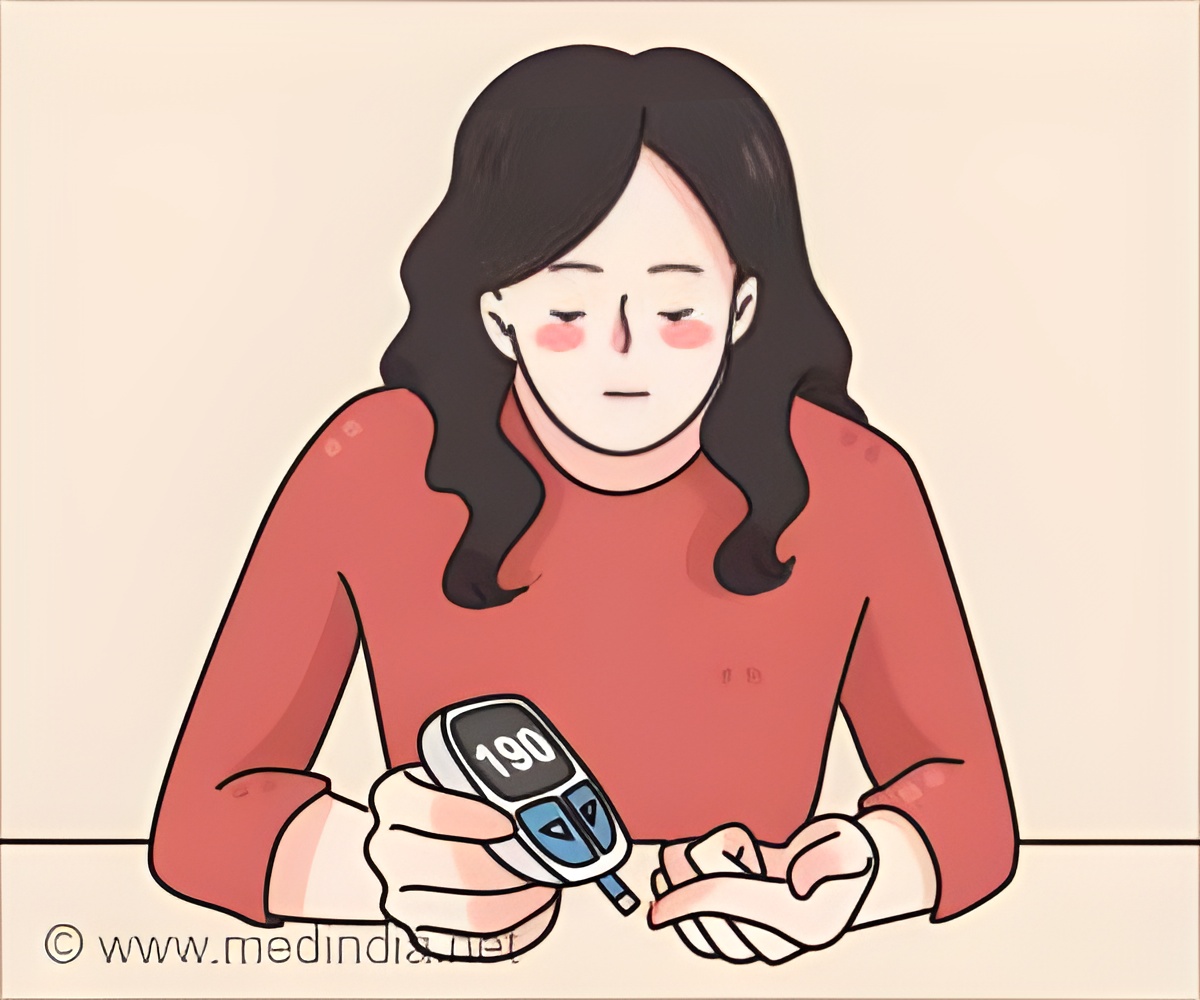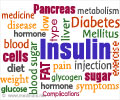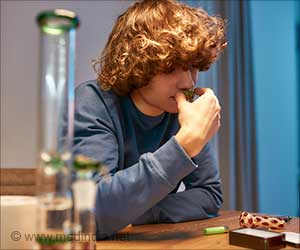In cancer patients, insulin resistance was found to impact the build-up of proteins in the muscles.

Insulin resistance in patients with cancer: a systematic review and meta-analysis
Go to source).
The History Between Cancer and Diabetes
Back in the 1920s, researchers discovered that cancer patients had sweet-smelling urine. First, the doctors were puzzled, but they soon realized that it was a result of elevated blood sugar levels. “This was one of the first things we //learned about cancer patients,” says Associate Professor Lykke Sylow.The sweet-smelling urine suggested that cancer affects the body’s blood sugar level. But how? A new study is ready to answer that question. Where previous studies have examined the connection between cancer and insulin, Lykke Sylow and colleagues’ new study is the first to compile the best research on the topic, and the answer seems to be clear:
“In cancer patients, the cells do not respond well to the hormone insulin. It therefore takes more insulin to create the same effect in cancer patients. If you suffer from insulin resistance, your body has to produce more insulin than usual to be able to regulate the blood sugar,” says Lykke Sylow, who is one of the main authors of the new study.
Symptoms of type 2 diabetes such as fatigue and increased thirst and urination develop gradually and can therefore be hard to spot. And in cancer patients, insulin resistance can be even harder to identify as they already experience some of these symptoms, e.g. fatigue.
Insulin Can Cause Cancer Cells to Multiply
Aside from the negative consequences of insulin resistance, the condition can also cause cancer cells to multiply.“We know from cell studies, animal studies and some human studies that insulin is a growth hormone, and that it has the same effect on cancer cells. That is, a high level of insulin can make cancer cells grow faster,” says the second main author of the study, Joan Màrmol, and adds:
“Of course, this can be a huge problem for cancer patients.”
Advertisement
Lykke Sylow hopes oncologists will begin to check patients’ blood sugar level – even when it appears to be normal, because insulin resistance can be hard to spot as the body will simply compensate by producing more insulin.
Advertisement
Aspects of the connection require more research, though.
“The next step is trying to determine who develops insulin resistance. Which cancer patients are at risk here? Do they have a particular type of cancer or specific risk factors? Or is it perhaps connected with the treatment?” Lykke Sylow says and adds:
“And once we have identified those at high risk of developing the condition, I hope to see more long-term studies of insulin resistance treatment and whether it has a positive effect on the patients.”
Reference:
- Insulin resistance in patients with cancer: a systematic review and meta-analysis - (https://www.tandfonline.com/doi/full/10.1080/0284186X.2023.2197124)
Source-Eurekalert















